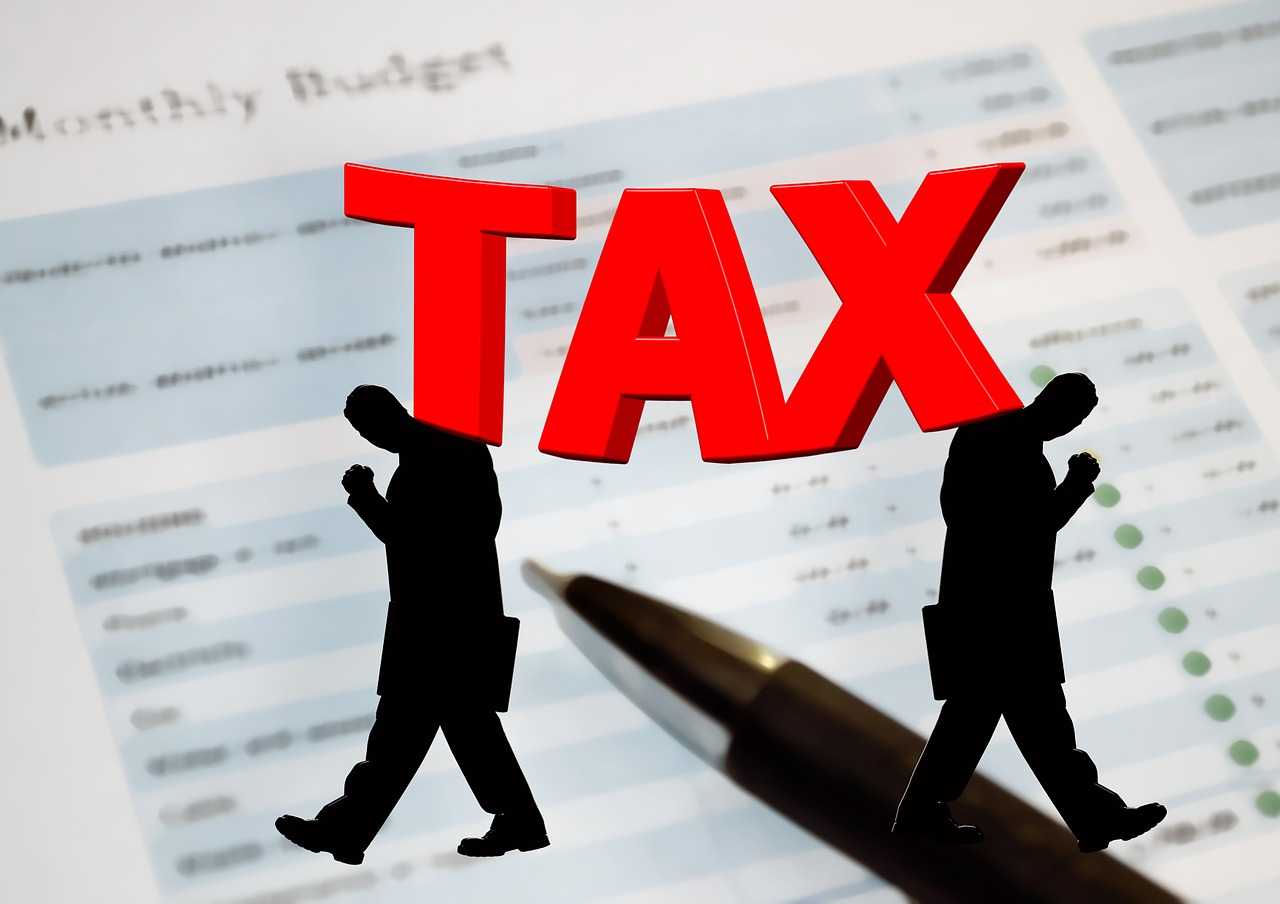
Tax Documents
Submitting a tax return is a chore but one that most Australians need to do. Tax returns need to be lodged by the end of October, although it is best to do it earlier to avoid any issues.
Once you’ve calculated everything and submitted your return, you can file everything away. This is not the time to put it all in the bin! Although in most cases, you’ll never need these documents again, you still need to keep hold of most of them. This will allow you to back up your tax return and confirm the validity of the figures if you are ever asked.
Top Tip
Any documents that can be got rid of are likely to have personal information on them. You can’t simply throw this in the bin as it could be used to steal your identity. That can cause you a huge amount of issues. The best way to get rid of unneeded paperwork is by shredding it.
However, not all shredders are created equal. If you’re going to shred sensitive and confidential documents yourself then you need to take a look at the best security shredders on the market. These will shred all documents vertically and horizontally and the cut is fine enough to make it virtually impossible to put them back together.
Documents To Keep
In general, you need to keep your financial records, the ones that back up your tax return, for five years. Documents that need to be kept include:
- Receipts
Receipts relate to any source of income. This can simply mean keeping your payslips. However, if you are self-employed it means keeping details of all the income you have received throughout your financial year.
It allows you to prove what you earned.
- Payments
If you’re self-employed then your revenue can be reduced by the costs you’ve incurred running your business. That means insurance, material costs, and even fuel. These items reduce your revenue to give you a profit which you pay tax on.
- Bank Statements
Your bank statements help to confirm the declarations you’ve made. Although you may be able to print them again, it is best to save them in some form. This can be on paper or electronically.
- Assets
Any business assets can be written off against income over a period of years. To prove that the asset is genuine you need to keep copies of all the paperwork relating to it. This ensures the tax office can verify your tax return and you won’t find yourself liable for a lot more tax.
Additional Items
Alongside all the tax return information you should consider keeping copies of the last two years’ financial statements, such as credit card statements. These are essential but, if you experience issues with your card or identity theft it can be useful to show your spending habits.
Just remember, if you’re getting rid of confidential documents, do it properly with a security shredder. That ensures your details can’t be stolen and used against you.





